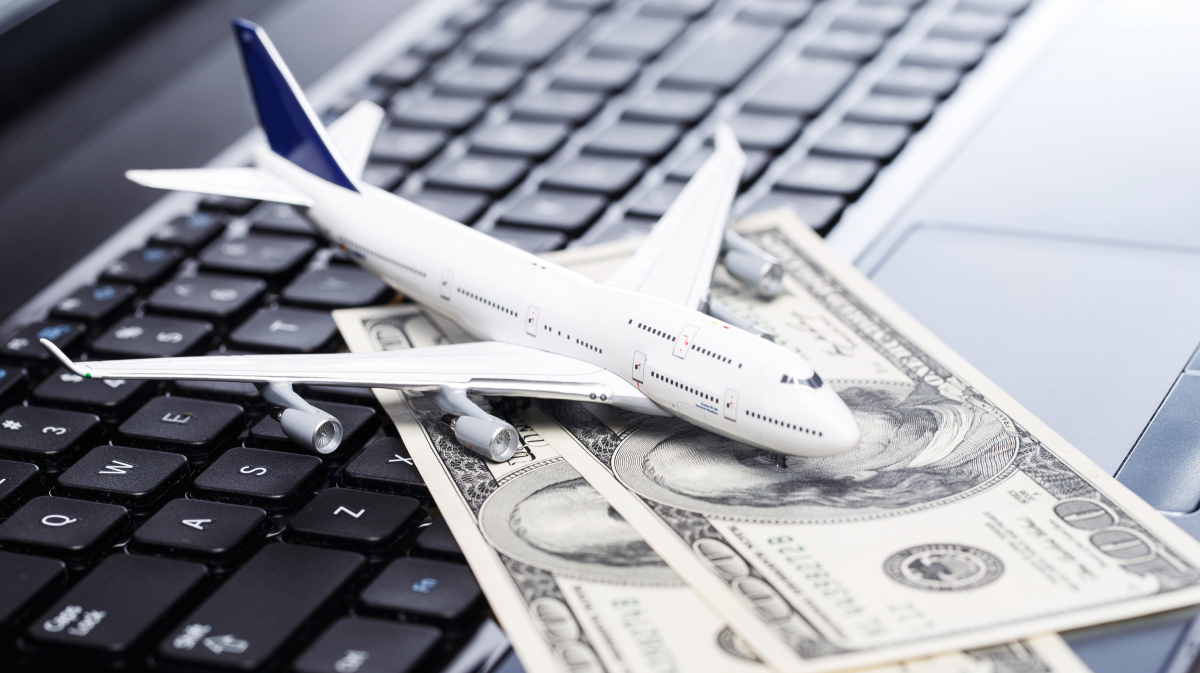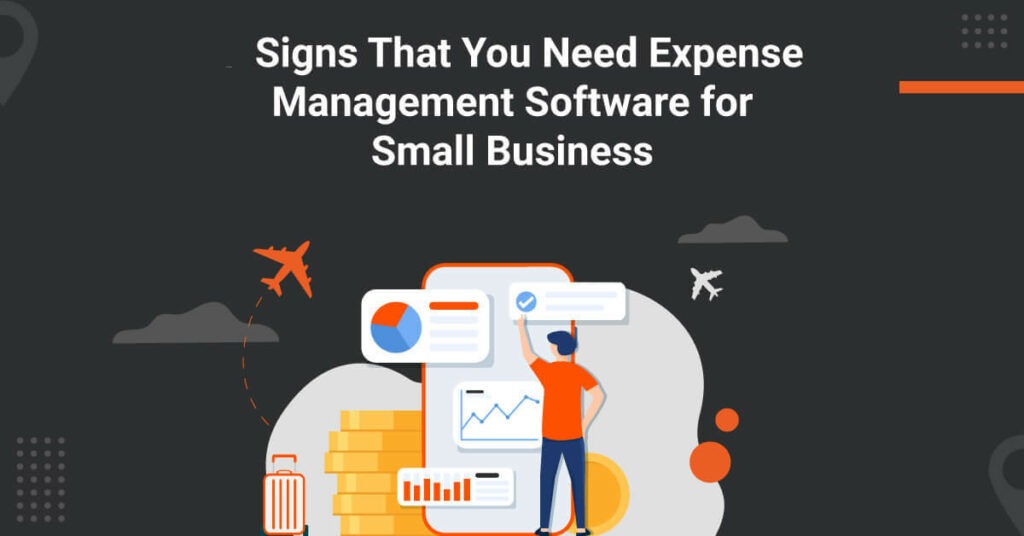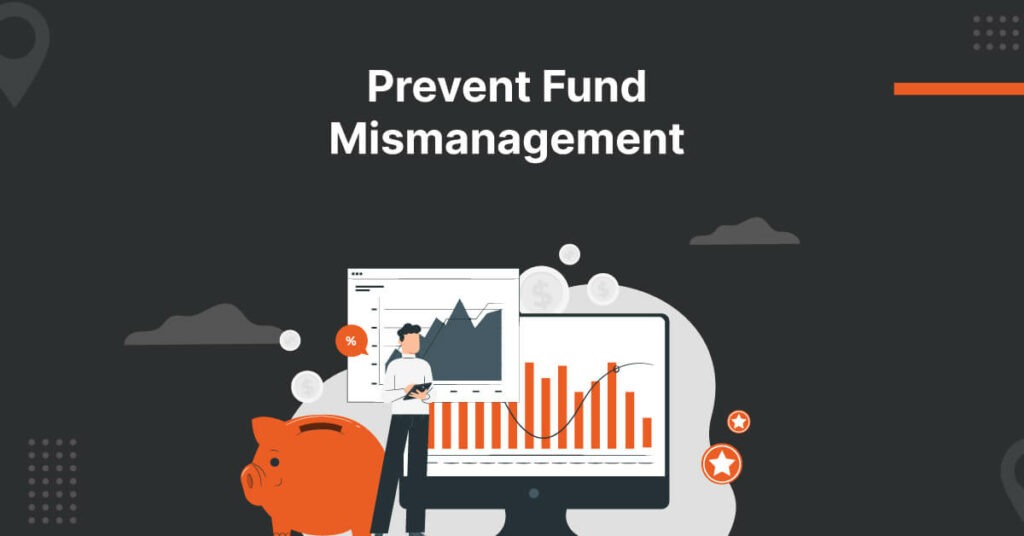
Are your business travel expenses optimized to their fullest potential? Many organizations unknowingly lose money due to inefficiencies in tax processes, poor expense report reconciliation, and missed opportunities for savings. This isn’t just an operational hurdle for finance teams—it’s a strategic chance to add value.
Hidden costs can quietly escalate when travel expense workflows are manual or fragmented. Overpaid taxes, unclaimed credits, and delayed expense reconciliation lead to unnecessary financial drains. Streamlining these areas with modern solutions can uncover savings directly impacting your bottom line.
In this blog, you will understand how to simplify tax filing and reconciliation procedures.
7 Challenges Associated With Taxes and Reconciliation
- Complex Tax Regulations : Keeping up with changing tax laws and compliance requirements is time-consuming and overwhelming.
- Manual Errors : Dependence on spreadsheets or manual entries increases the chances of calculation mistakes and overlooked details.
- Delayed Data Access : Lack of real-time access to financial data leads to delays in tax filing and expense reconciliation tasks.
- Inefficient Processes : Manual expense report reconciliation processes are slow, prone to mismatches, and consume valuable time.
- Limited Automation : Without automation, reconciling transactions and generating tax reports becomes tedious and inefficient.
- Data Discrepancies : Inconsistent data across multiple systems creates reconciliation gaps and compliance issues.
- Auditing Difficulties : Tracking down and verifying past transactions for audits becomes challenging without streamlined processes.
14 Ways to Simplify Business Travel Expense Reconciliation
1. Understand Tax Regulations
Tax regulations for business travel vary depending on the location, nature of the expense, and the company’s industry. Start by familiarizing yourself with the tax codes in the countries or states where your employees frequently travel. Deductible expenses often include airfare, lodging, and meals, but the rules can be nuanced. For instance:
- Some jurisdictions allow full meal deductions, while others cap it at a percentage.
- VAT or GST on international travel might be refundable if correctly documented.
Staying updated on these regulations ensures you’re not wasting money. Partnering with a tax consultant or using automated tax tools can simplify this task.
2. Leverage Technology for Expense Tracking
Manual expense tracking is a thing of the past. Modern expense management software helps you track, categorize, and report expenses accurately. By automating this process, you’ll:
- Minimize errors caused by manual data entry.
- Ensure timely submission and approval of expense reports.
- Automatically flag non-compliant expenses for review.
Look for software that offers real-time tracking, receipt scanning, and policy enforcement.
3. Centralize Payments
Using a centralized payment method like a corporate travel card simplifies expense reconciliation. These cards provide detailed transaction histories, which make matching expenses to trips straightforward. Additionally, centralized payments:
- Reduce the need for employee reimbursements.
- Enhance visibility into spending patterns.
- Prevent out-of-policy spending by setting predefined limits.
Some cards also come with benefits like automated reconciliation and detailed reporting, saving hours of manual work.
4. Optimize Tax Refunds
If your employees travel internationally, you’re likely incurring VAT or GST on expenses like hotel stays and car rentals. Recovering these taxes can significantly reduce travel costs, but the process requires meticulous documentation. To optimize tax refunds:
- Ensure employees retain all receipts, especially those with VAT details.
- Use tax recovery services or software that specializes in filing international claims.
- Regularly review eligible expenses to avoid missing out on claims.
A dedicated tax recovery solution can handle the complexities, ensuring you get the refunds you’re entitled to without extra effort.
5. Implement Clear Travel Policies
A well-defined travel policy is your first defense against overspending and tax errors. Make sure your policy covers:
- Approved booking channels and payment methods.
- Guidelines for reimbursable expenses.
- Rules around personal vs. business expenses.
Enforcing your travel policy through automation will reduce the risk of out-of-policy expenses and improve compliance. Software that flags non-compliant expenses in real time can save you hours during expense reconciliation.
6. Encourage Advance Bookings
Last-minute bookings often lead to higher costs and make expense report reconciliation more complicated. Encouraging employees to book in advance not only reduces travel expenses but also simplifies expense tracking. Offer incentives for early bookings or integrate your travel management system with your expense platform to ensure seamless tracking.
7. Automate Reconciliation
Reconciliation is one of the most time-consuming tasks for finance teams. Automation can simplify and accelerate the process by:
- Matching expenses to trips and payments automatically.
- Identifying discrepancies in real-time.
- Generating detailed reports for audits.
8. Track Unused Travel Credits
Flight cancellations and unused tickets can lead to significant losses if not tracked effectively. Many travel management platforms help you monitor unused credits and ensure they’re applied to future bookings. Keeping an eye on these credits saves money and ensures accurate expense reconciliation.
9. Provide Training for Employees
Your employees play a crucial role in maintaining compliance. Offer training sessions to educate them on:
- The importance of retaining receipts.
- How to use expense tracking tools.
- Your company’s travel and reimbursement policies.
Clear communication and regular reminders can go a long way in reducing errors and non-compliance.
10. Analyze Data for Continuous Improvement
Data is your best friend when it comes to optimizing taxes and expense report reconciliation. Regularly analyze travel and expense data to:
- Identify patterns of overspending.
- Spot frequent non-compliance issues.
- Uncover areas for cost savings.
Advanced analytics tools can provide actionable insights, helping you make informed decisions and refine your processes.
11. Work with a Trusted Travel Management Company (TMC)
Partnering with a TMC can take the burden off your shoulders. They’ll ensure compliance, streamline bookings, and even assist with tax optimization. A good TMC offers:
- End-to-end support for bookings and cancellations.
- Integration with expense management platforms.
- Detailed reporting for tax and audit purposes.
12. Audit Regularly
Regular audits help you catch discrepancies early and ensure compliance with tax regulations. Focus on:
- Verifying receipts and documentation.
- Ensuring correct tax treatment of expenses.
- Identifying and addressing recurring issues.
Audits not only reduce the risk of penalties but also provide valuable insights for improving processes.
13. Streamline Approval Workflows
Delays in approval workflows can slow down expense reconciliation. Automating your approval process ensures:
- Faster turnaround times.
- Reduced bottlenecks.
- Better tracking of expense statuses.
By setting up multi-level approvals within your expense management system, you can maintain control while improving efficiency.
14. Adopt AI-Powered Solutions
Artificial intelligence is revolutionizing business travel management. AI-powered tools can:
- Predict travel costs based on past data.
- Recommend cost-saving alternatives.
- Automatically flag anomalies for review.
Integrating AI into your travel and expense processes not only saves time but also boosts accuracy and compliance.
Automate Reconciliation With itilite and Increase Productivity
itilite streamlines corporate credit card reconciliation by providing instant visibility into transactions. This ensures the timely matching of credit card statements with expense reports, reducing delays and discrepancies. The platform automates expense categorization, eliminating the need for manual entries and ensuring precise allocation of every expense.
Additionally, our platform generates detailed, intuitive reports offering a comprehensive spending pattern overview. These insights empower finance teams to analyze expenses effectively and identify opportunities for optimization. The software also flags non-compliant expenses in real time, helping businesses effortlessly maintain policy adherence.
Get started with improved financial efficiency today! Book a free demo today.
















 and then
and then